Serviceaide Cyber Attack Exposes 480,000 Catholic Health Patients’ Data
Serviceaide, Inc. announced a significant data security breach affecting approximately 480,000 Catholic Health patients. The incident, which occurred due to an improperly secured Elasticsearch database, exposed sensitive patient information for nearly seven weeks between September and November 2024. Though no direct evidence of data theft has been confirmed, the company cannot rule out unauthorized access […] The post Serviceaide Cyber Attack Exposes 480,000 Catholic Health Patients’ Data appeared first on Cyber Security News.
.webp?#)
Serviceaide, Inc. announced a significant data security breach affecting approximately 480,000 Catholic Health patients.
The incident, which occurred due to an improperly secured Elasticsearch database, exposed sensitive patient information for nearly seven weeks between September and November 2024.
Though no direct evidence of data theft has been confirmed, the company cannot rule out unauthorized access to the compromised information, potentially putting affected individuals at risk of identity theft and medical fraud.
Elasticsearch Vulnerability Exposure
The security incident originated between September 19 and November 5, 2024, when patient data housed in Catholic Health’s Elasticsearch database was inadvertently made publicly accessible online.
Serviceaide, which provides information technology support management services to Catholic Health, only discovered the misconfiguration on November 15, 2024, meaning sensitive data remained exposed for approximately 47 days before detection.
The initial investigation revealed that the breach resulted from inadequate security protocols in the database’s API configuration, allowing unauthenticated access to normally restricted endpoints.
Unlike traditional intrusion-based attacks, this incident represents a data exposure event where protective barriers were inadvertently removed rather than forcefully penetrated.
The extended timeline between the breach discovery and public announcement (nearly six months) was attributed to the comprehensive forensic investigation required to identify affected individuals.
The breach exposed a comprehensive array of personally identifiable information (PII) and protected health information (PHI), creating significant risk under HIPAA Title II compliance frameworks.
Compromised data elements include patients’ full names, Social Security numbers, dates of birth, medical record numbers, patient account numbers, and detailed health information.
Additionally, health insurance credentials, prescription details, clinical information, provider information, and login credentials were potentially accessible.
The potential for credential harvesting is particularly concerning, as exposed email/username and password combinations could provide malicious actors with access points to other systems if credentials were reused across multiple platforms.
While Serviceaide has stated there is no indication of identity theft or fraud resulting from this incident, the comprehensive nature of the exposed data presents significant long-term risks to affected individuals.
Protective Measures
Serviceaide has implemented an incident response protocol, securing the affected Elasticsearch cluster and implementing enhanced access controls with multi-factor authentication requirements.
Under regulatory compliance requirements, Serviceaide has notified appropriate government agencies, including the U.S. Department of Health and Human Services.
For affected individuals, cybersecurity experts recommend implementing credit freezes (procedure CF-201) rather than fraud alerts, as freezes provide stronger protection by preventing new account creation entirely.
Patients are also advised to monitor their Explanation of Benefits statements for unfamiliar medical charges, which could indicate medical identity theft beyond standard financial fraud.
The incident highlights the continued vulnerability of healthcare data repositories and emphasizes the critical importance of proper configuration management and regular security audits for sensitive database systems containing protected health information.
Vulnerability Attack Simulation on How Hackers Rapidly Probe Websites for Entry Points – Free Webinar
The post Serviceaide Cyber Attack Exposes 480,000 Catholic Health Patients’ Data appeared first on Cyber Security News.

_Prostock-studio_Alamy.jpg?width=1280&auto=webp&quality=80&disable=upscale#)

























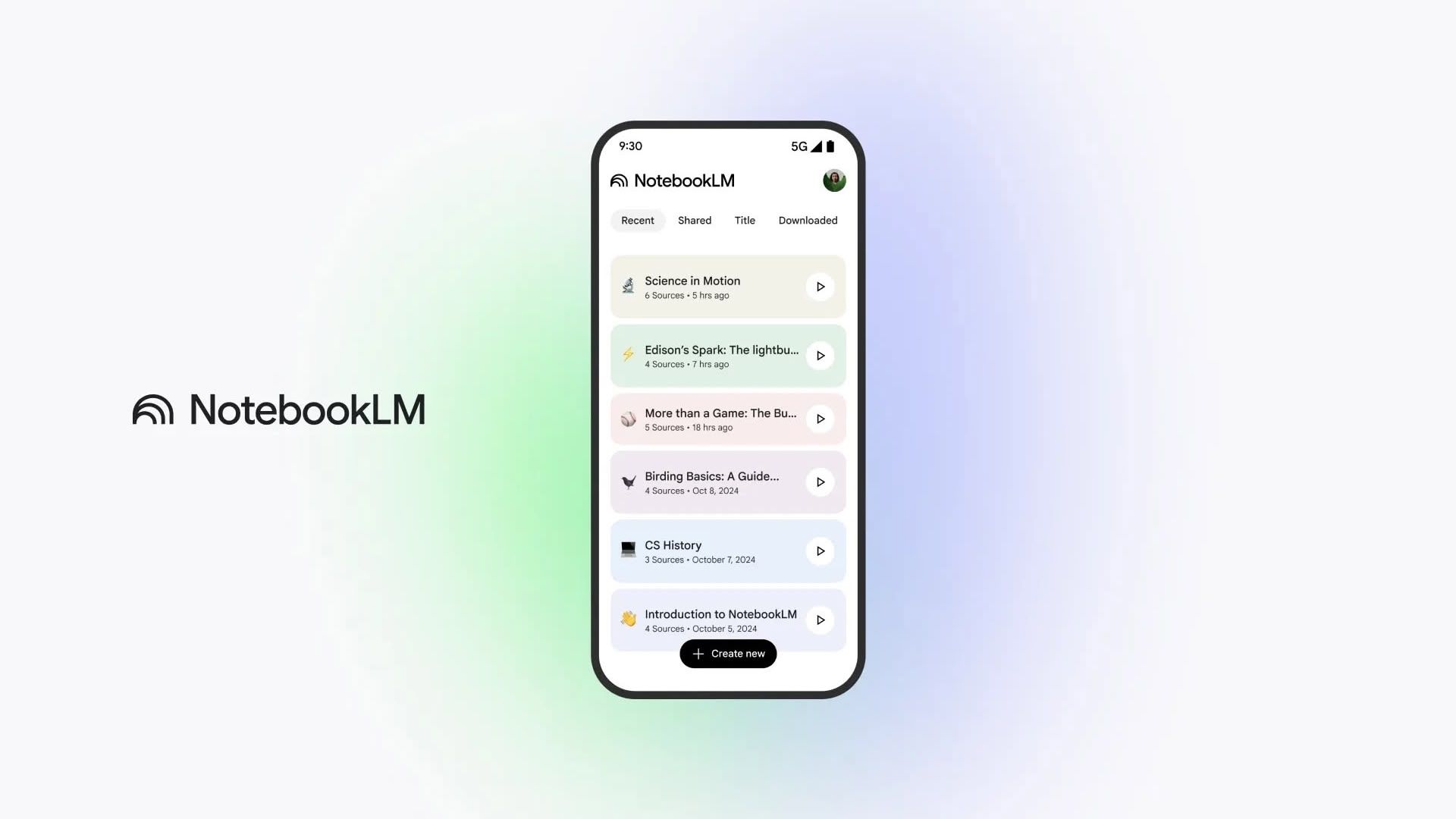

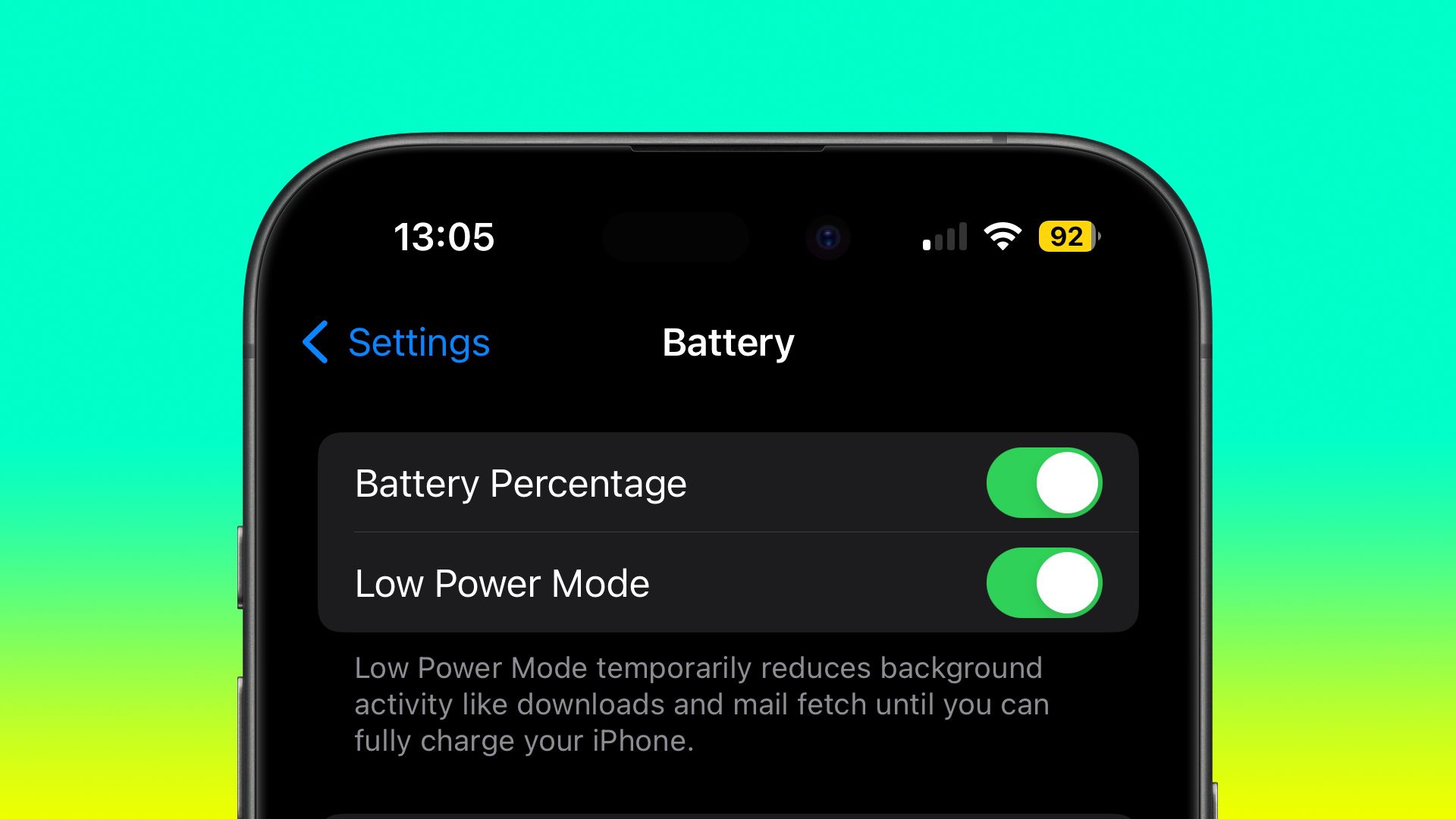






















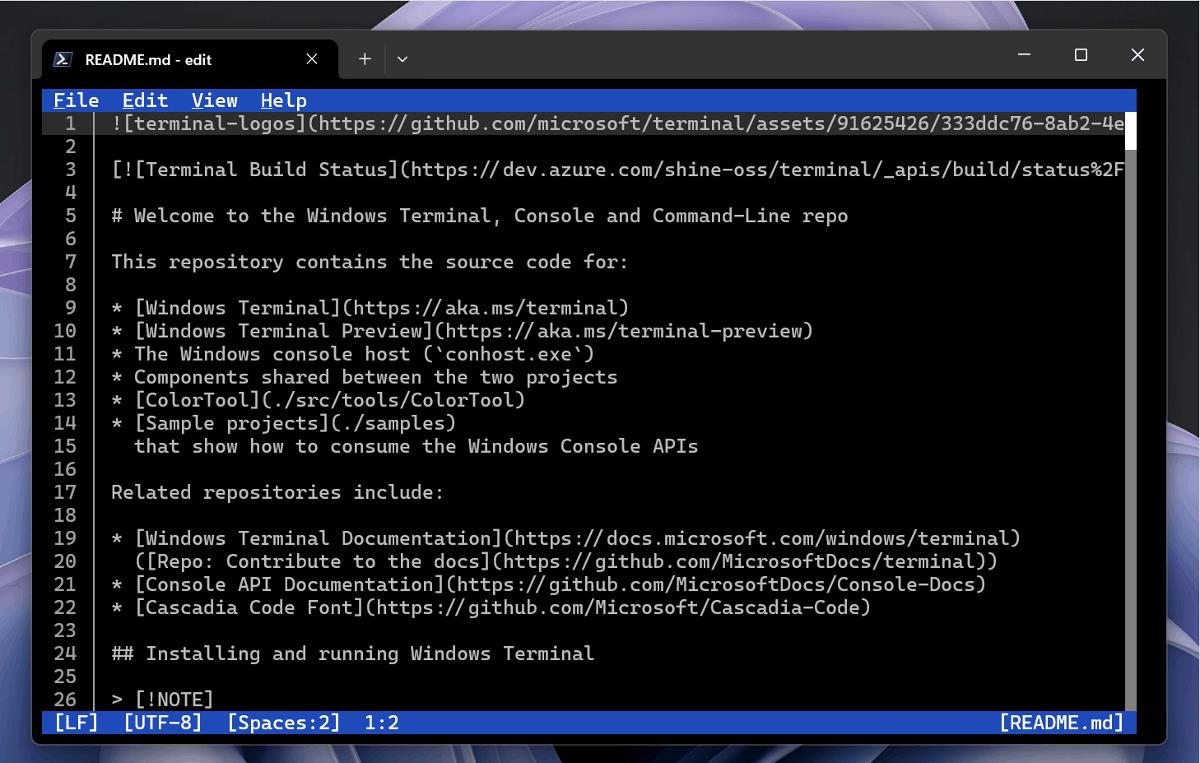






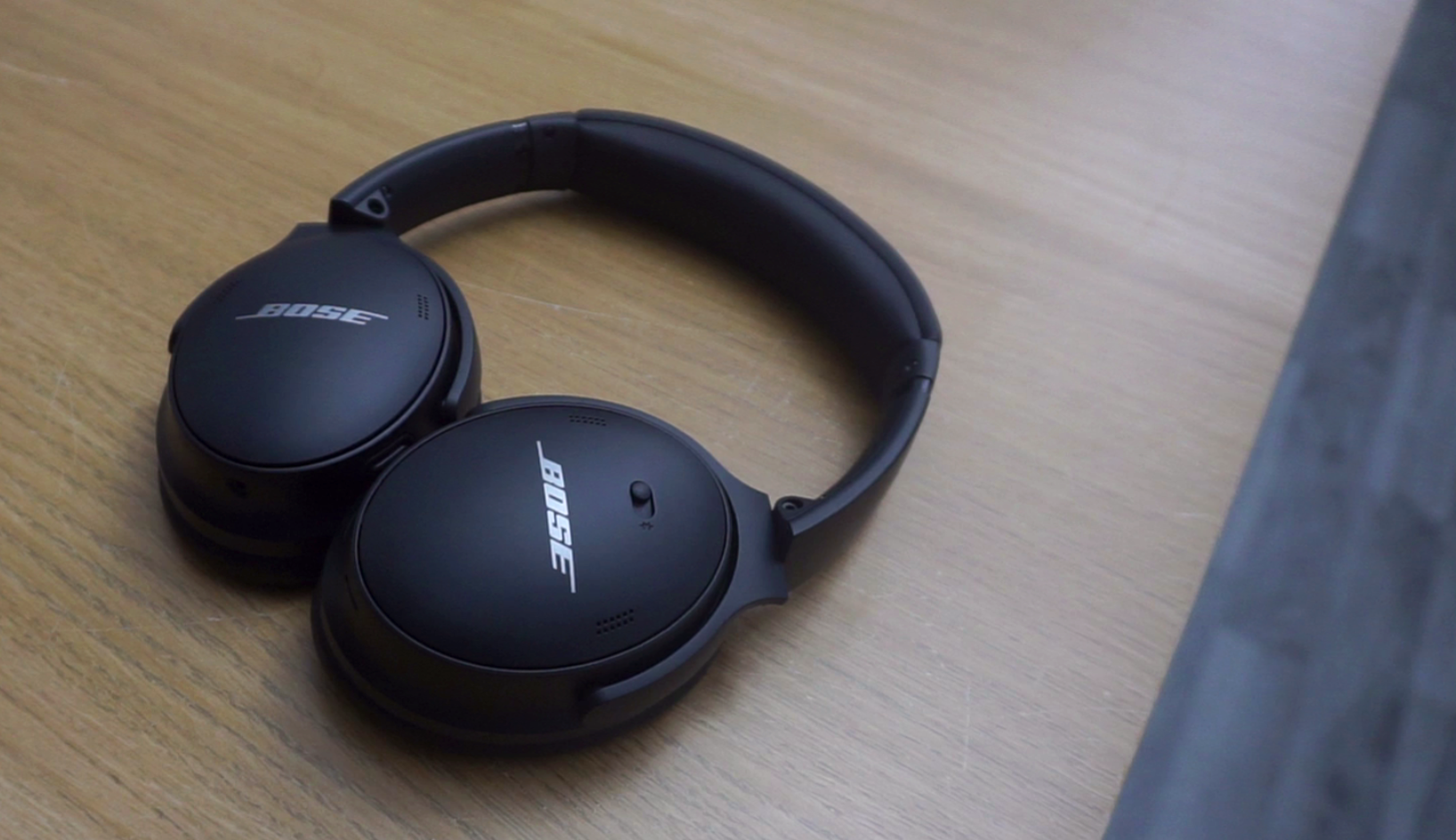





















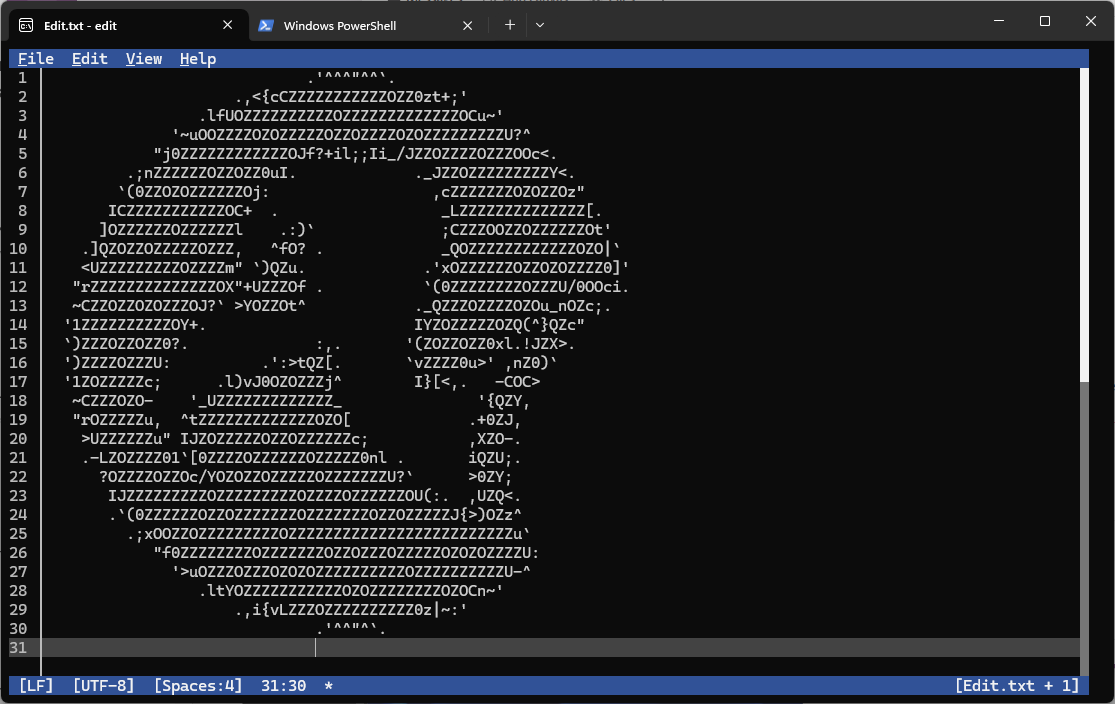









![What’s new in Android’s May 2025 Google System Updates [U: 5/19]](https://i0.wp.com/9to5google.com/wp-content/uploads/sites/4/2025/01/google-play-services-1.jpg?resize=1200%2C628&quality=82&strip=all&ssl=1)














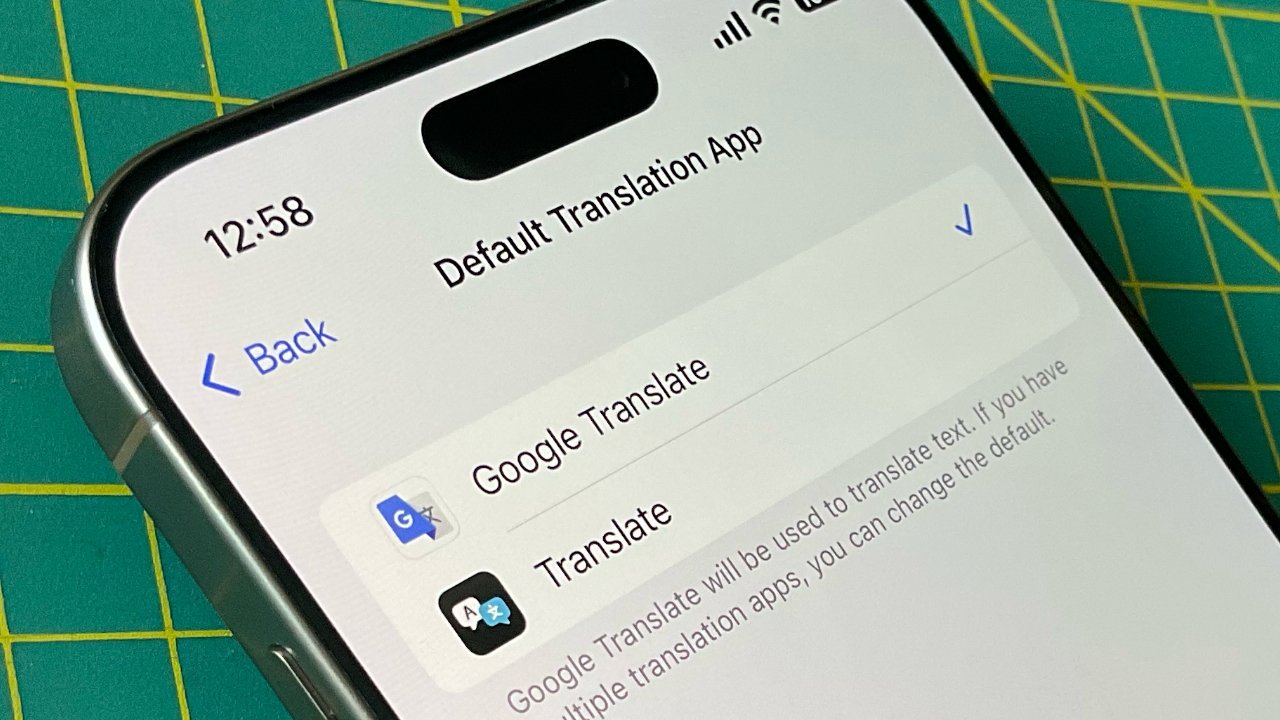
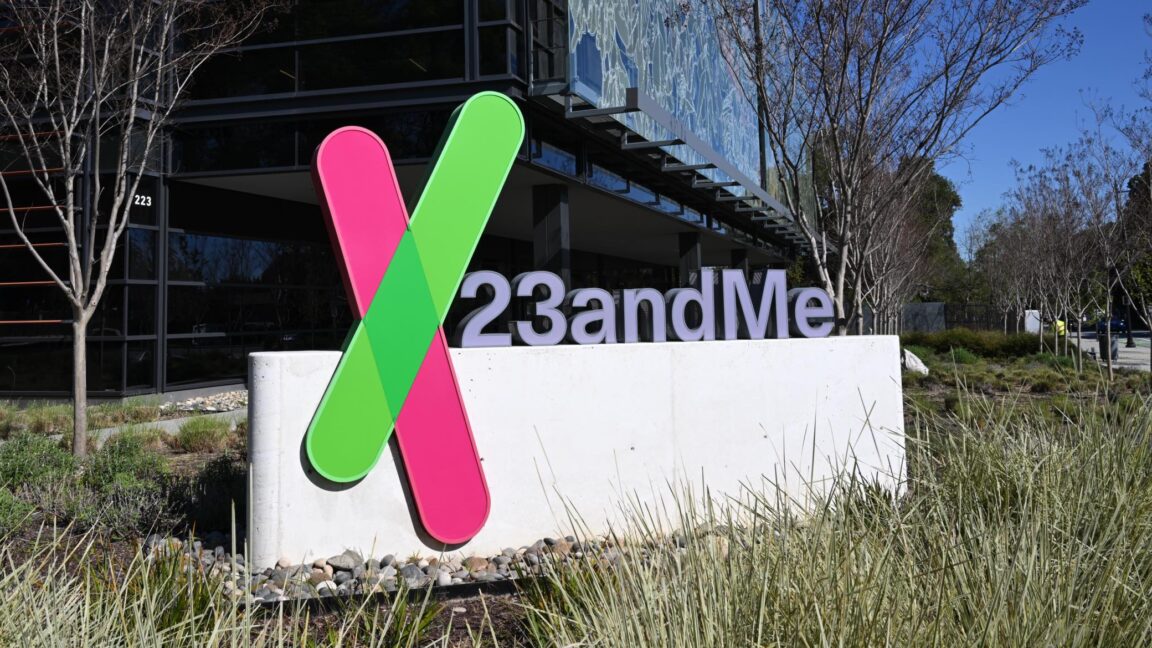
























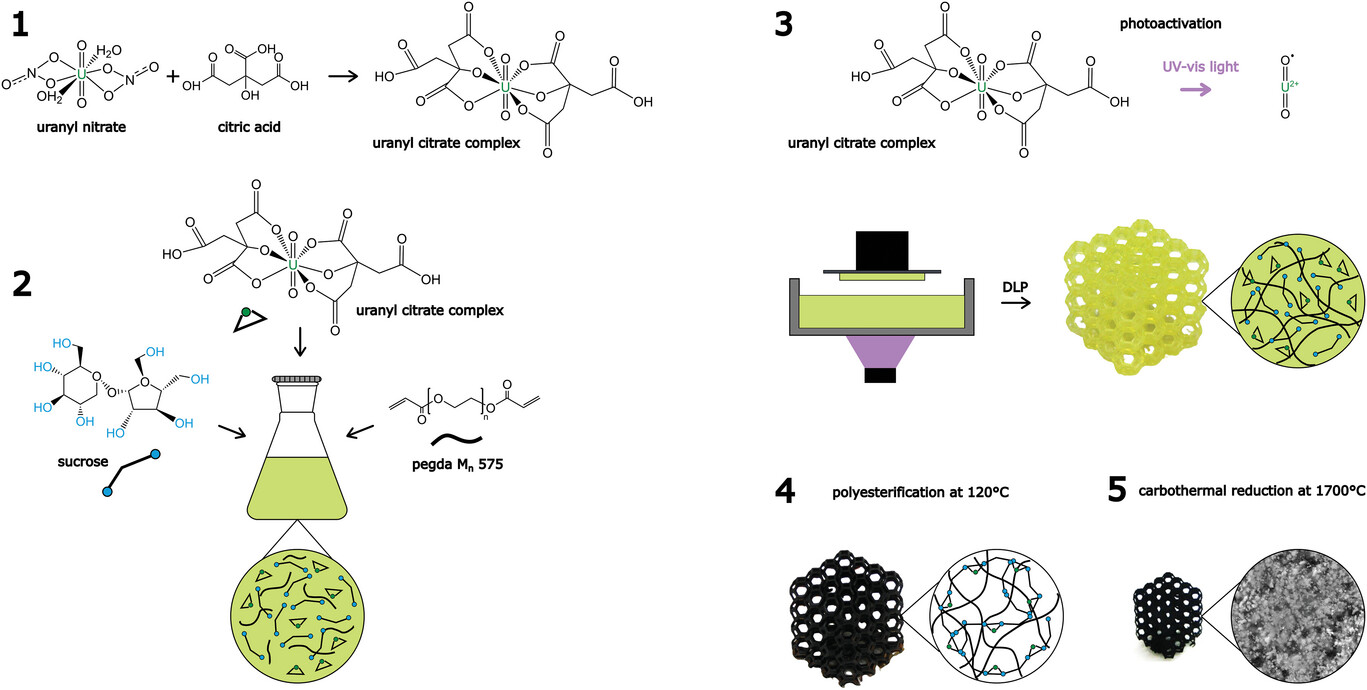

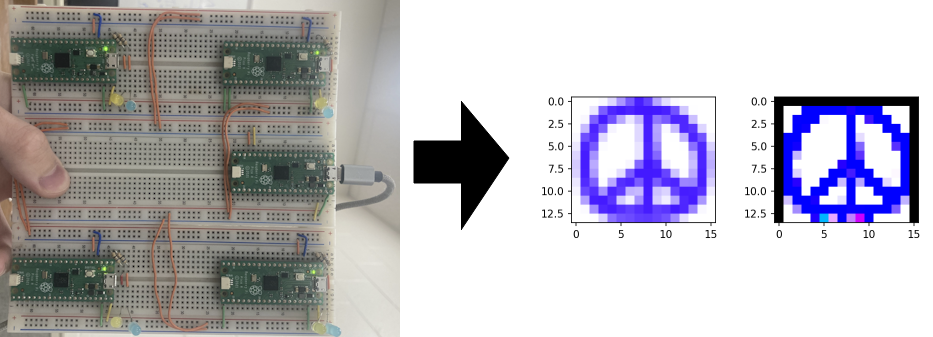

























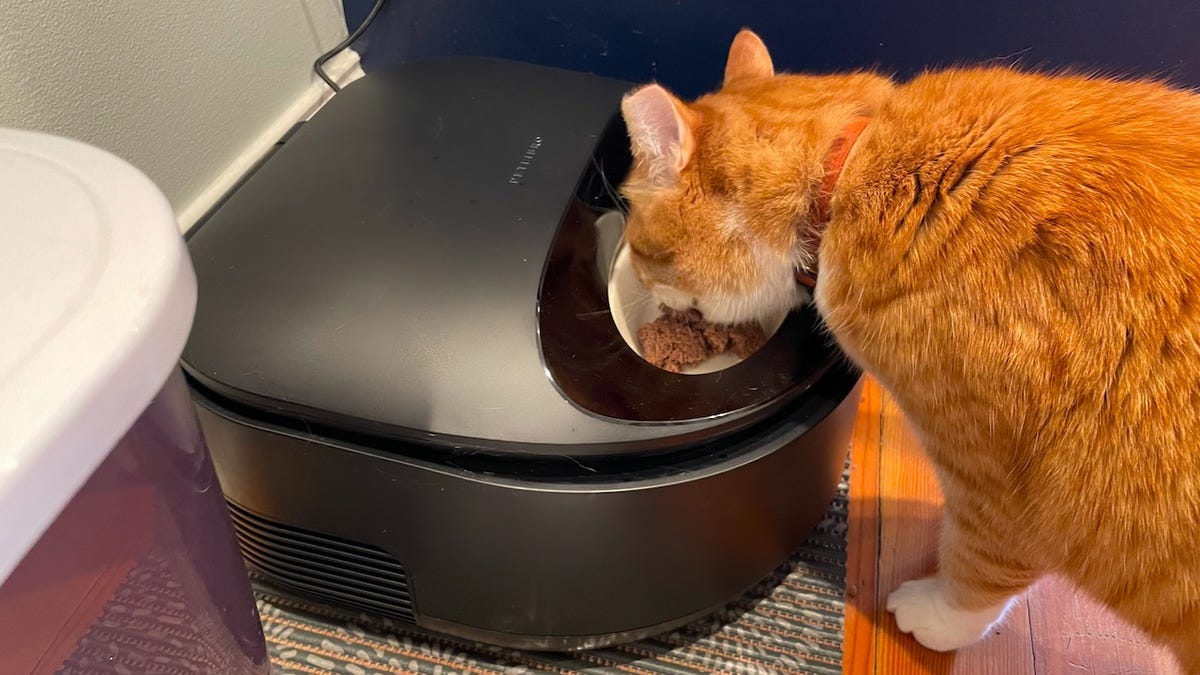

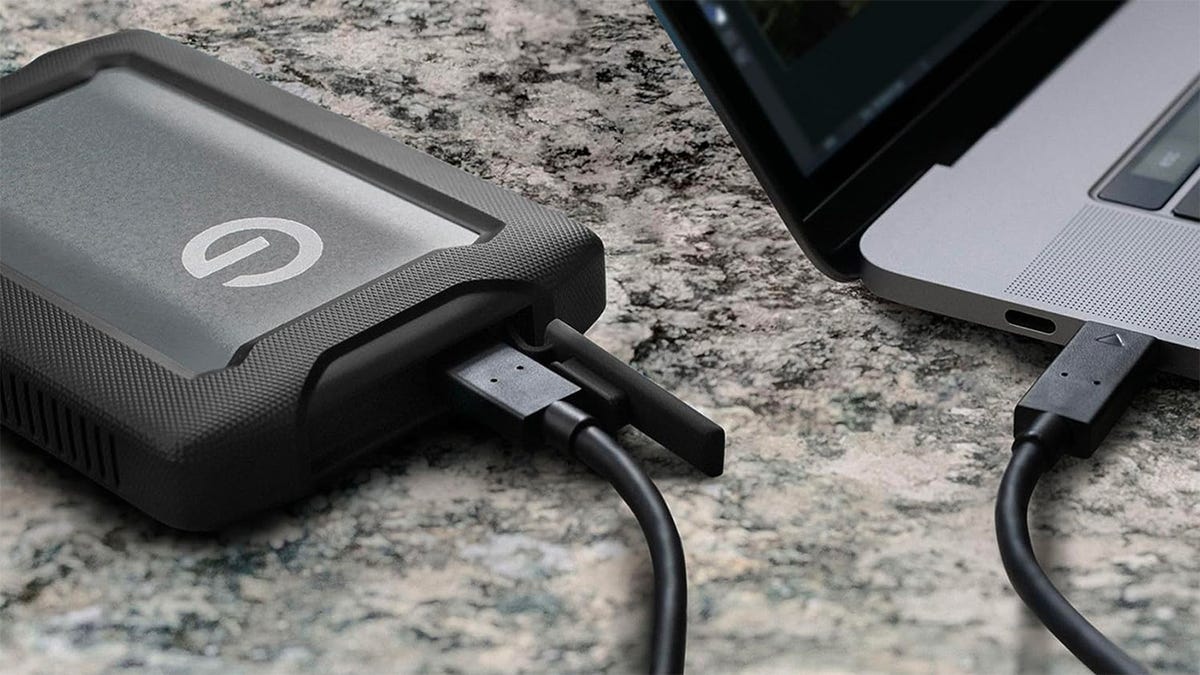
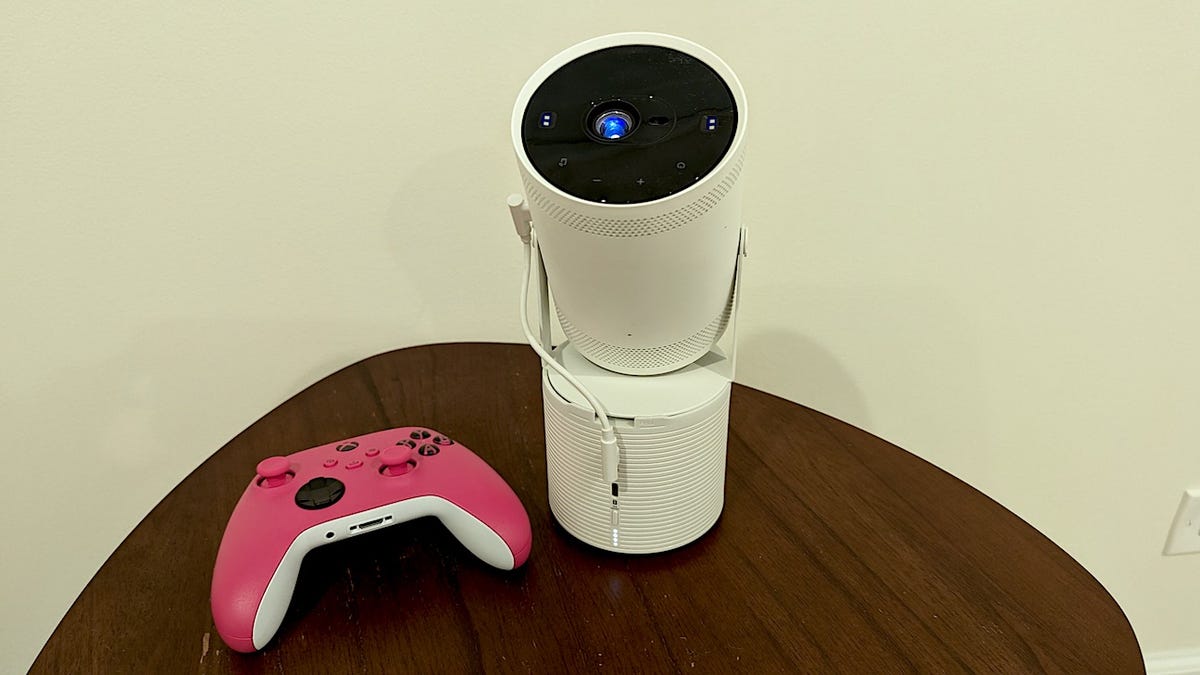














































































































































![[The AI Show Episode 147]: OpenAI Abandons For-Profit Plan, AI College Cheating Epidemic, Apple Says AI Will Replace Search Engines & HubSpot’s AI-First Scorecard](https://www.marketingaiinstitute.com/hubfs/ep%20147%20cover.png)












































































































































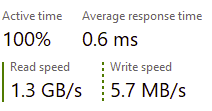




















![How to make Developer Friends When You Don't Live in Silicon Valley, with Iraqi Engineer Code;Life [Podcast #172]](https://cdn.hashnode.com/res/hashnode/image/upload/v1747360508340/f07040cd-3eeb-443c-b4fb-370f6a4a14da.png?#)
































































































